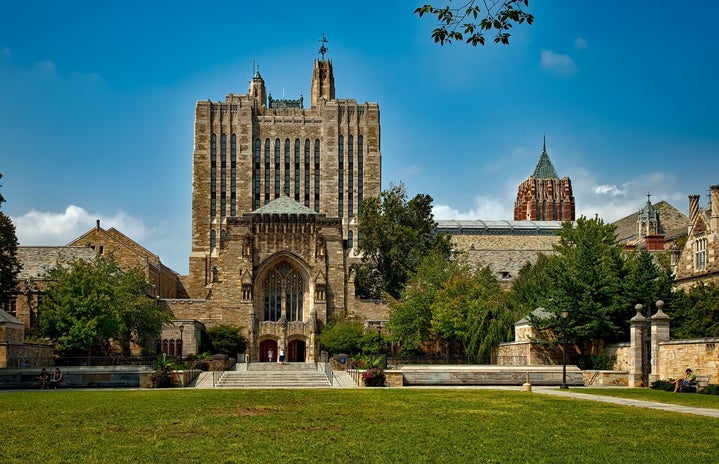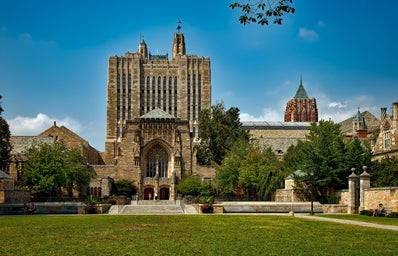This month did not hold a national presidential election—no matter how many candidates are running for the position—but that doesn’t mean there weren’t elections.
Kentucky, Louisiana, and Mississippi held their gubernatorial elections, and various towns around the country held their local elections. The outcome from these elections was historic. Kentucky got a Democratic governor, Democratic Attorney General Andy Beshear beating current-Republican Governor Matt Bevin by only about 5,000 votes, in the same state as Senate Majority Leader Mitch McConnell. In Virginia, Democrats now hold power in all state government and legislature for the first time in a generation.
Local elections in Massachusetts also stirred up some interest this month, with Boston, Fall River and Worcester included in the list of cities with city council ballots. Boston elected one of its most diverse city councils. Out of 13 voted councilors, seven are people of color and eight are women. Fall River’s mayor remained on the ballot despite receiving was federal indictments in September, missing the deadline to withdraw. School Committee member Paul Coogan won by 79 percent (10, 653 votes). Mayor Joe Petty won the mayoral election in Worcester for a fifth time, the School Committee also shaking some things around after the death of Brian O’Connell, who still managed to receive 3,921 votes.
The numbers run a lot smaller when it comes to local elections, and yet one may argue that the stakes are even higher for state and town-wide elections than national presidential voting.
74 percent of Americans said that election participation as an important part of citizenship, in a survey by the Pew Research Center. It ranked above paying taxes and following the law. And yet, less than 20 percent of Americans vote in their local elections, compared to 61 percent in national elections.
So how important is it to them really?
City counselor, school committee and mayoral elections are some of the most important when it comes to issues that directly affect people and the community. They affect local business, building projects, and more recently environmentalism. But not everyone invests in their community. According to a Pew Research study from 2013, 1 in 3 US adults feels little to no sense of attachment to their community. 47 percent feel somewhat attached while 19% feel highly attached. That transfers over directly when it comes to the percentage of registered electorates who vote in local races.
In the age of the internet, social media and streaming services have brought the world closer together. People are more aware of the world around them. The 10 o’clock news isn’t necessary. You can look it up on your phone. And so, many millennials and Gen Zers are changing the way that information is spread and digested. Connections are made in different ways. People are more likely to donate outside their communities than they are inside them. This transfers over to how people vote, throwing more supposed relevance towards national elections. In fact, many people only know about their local or state-wide elections or participate in them because they align with national elections.
Political Research Quarterly surveyed over 144 major cities throughout the US over the course of 340 separate mayoral elections to find that shifting them to match up with presidential election times increases voter turnout for those elections by almost 19 percent. Switching mayoral elections to coincide with midterm elections increases voter turnout by an average of about 9 percent.
Issues of unsafe drinking water, property taxes, local business, schools and education, homelessness, transportation, and overall aesthetic are settled by those in local legislature. They make the most difference on people’s individual lives.
A combination of no time off from work or school and being “too busy” was the reason for not voting, most argued in their 1996 census. What those who answered may not know is that most states mandate time off on election day if a voter’s workday schedule doesn’t leave room for it.
Voting is a right under the constitution. Exercise it to the fullest capacity.



